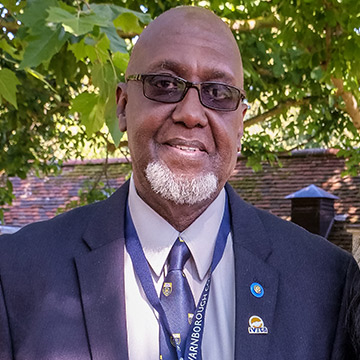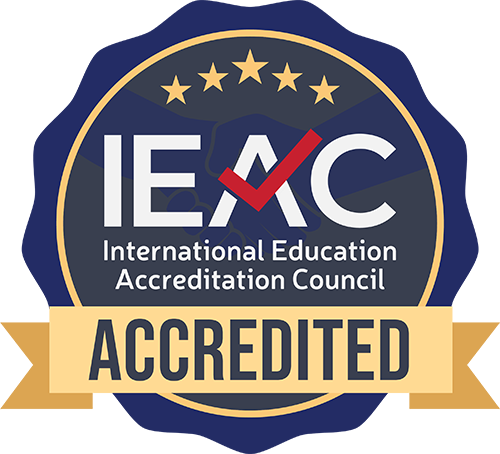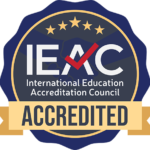Dual Degree Option
Successful candidates have the option of receiving a dual degree from the Universidad Superior de Guadalajara, a fully-accredited university in the state of Jalisco, México.
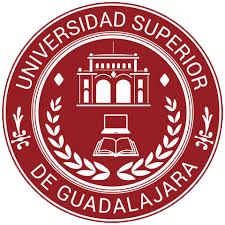
Introduction
The Doctor of Education (Ed.D) in Educational Leadership is a modular professional doctorate designed for hands-on learning and the application of knowledge. The aim is to ensure graduates can lead educational institutions and their teams successfully at any level.
Candidates will work through a series of modules designed to provide them with the necessary background to apply to real-world situations.
All aspects of the program are outcomes-based, and candidates are required to tailor their learning to their own individual and diverse work situations.
Key Info
Duration:
3 Years minimum ^
Credits:
160 ECTS credits
Fees:
€18,000 *
Start:
Monthly
Prerequisites:
Master’s degree; or equivalent.
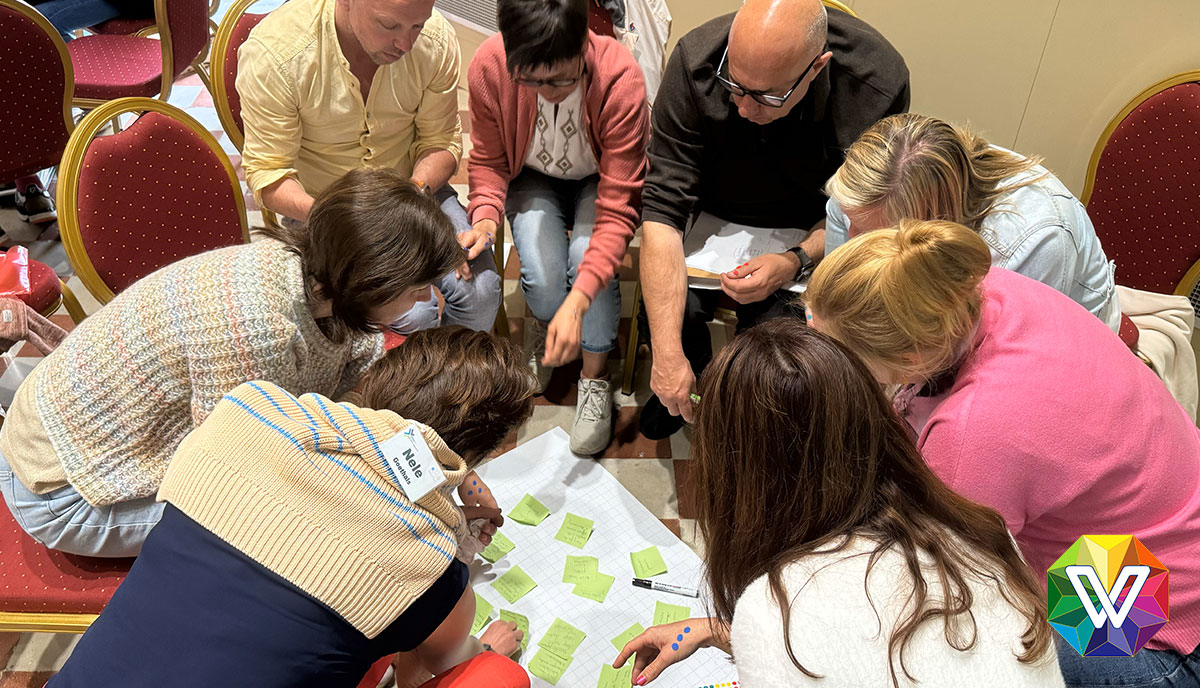
The PhD programme is designed for:
- Experienced higher education professionals seeking advanced leadership roles.
- Educators and administrators interested in transforming their institution.
- Policy advisors, consultants, and researchers with a focus on educational leadership and organisational change.
- Individuals aspiring to contribute to educational reform through active leadership at the national or international level.
160 credits will be required for the PhD degree. In accordance with Warnborough College regulations, Ed.D candidates in Education Leadership will need to fulfil the following requirements:
- Primer Module: Research Methodology (8 ECTS)
- 6 Core Modules (72 ECTS)
- International Practicum (20 ECTS)
- Capstone Leadership Impact Project (60 ECTS)
This programme allows candidates to tailor their learning according to their needs and create outcomes that can be directly applicable to their sphere of work.
Core Modules (12 ECTS each):
- Organisational Change and Culture in Education
- Focus: Strategies for leading and managing change, with a focus on building a positive organizational culture.
- Outcomes: Create change management plans, diagnose organizational culture, and implement strategies for cultural transformation.
- Strategic Planning and Visionary Leadership
- Focus: Advanced concepts in leadership theory, strategic planning, vision development, and alignment of organizational goals within educational institutions.
- Outcomes: Develop strategic actionable plans, establish a vision, and align educational goals with the institution's mission and values.
- Educational Team Recruitment, Management and Development
- Focus: Human resource management and development covering aspects of recruitment, selection, both domestic and international issues.
- Outcomes: Develop a personal leadership philosophy and apply strategic leadership frameworks to address educational challenges. Team management and development strategies to enhance operations and growth.
- Stakeholder and Community Engagement
- Focus: Building partnerships with institutional and community stakeholders, families, and organisations to support educational initiatives.
- Outcomes: Design community engagement strategies, lead partnership-building activities, and foster effective stakeholder communication.
- Policy and Governance in Educational Systems
- Focus: Critical examination of educational policies, governance structures, and the role of leadership in shaping policy. Using quantitative and qualitative data for informed decision-making.
- Outcomes: Analyze current policies, understand governance roles, propose policy reforms, and design governance models for impactful educational leadership. Build data analysis skills, create performance dashboards, and apply evidence-based decision-making frameworks.
- Leading Learning and Curriculum Innovation
- Focus: Advanced curriculum design, development, and evaluation techniques aligned with learning outcomes and industry needs. Leveraging technology and fostering innovation to enhance educational practices and learning experiences.
- Outcomes: Design and assess curriculum innovations, lead instructional improvement initiatives, and implement effective teaching strategies. Implement digital tools, design technology integration plans, and lead initiatives in digital transformation.
International Practicum (20 ECTS):
International 2-week residential research trip in a Warnborough partner country involving the following two workshops, job shadowing and other activities that culminates in a published article on a contemporary educational leadership issue.
Workshop 1: Advanced Leadership Communication and Stakeholder Engagement
- Objective: Enhance skills in effective communication, conflict resolution, and engaging diverse stakeholders.
- Activities: Role-playing exercises, scenario-based stakeholder engagement activities, and hands-on practice with communication tools.
Workshop 2: Technology Integration and Digital Transformation in Education
- Objective: Hands-on training in leveraging technology to enhance educational administration, teaching, and learning.
- Activities: Implementation of digital tools, analysis of case studies on successful technology integration, and building technology plans for real-world scenarios.
Capstone Leadership Impact Project (60 ECTS):
- Description: A comprehensive, practical project where students identify a critical challenge within their educational context, conduct research, and design a strategic solution or innovation.
- Expected Deliverables: A detailed project report, presentation, and implementation plan, with an impact evaluation plan to measure outcomes.
- Mentorship: Each student will be paired with a mentor, either from the industry or academia, to guide them through the project development and implementation phases.
This program is offered via distance learning. At the graduate level, students are expected to be highly self-motivated and capable of independent work.
The program uses research strategically to lead towards clear and practicable outcomes. It suits students who are analytical thinkers but who want a framework that can help them create clear outcomes in real work settings.
Students may be exempt from some credits based on prior courses taken, and/or demonstrated knowledge of educational leadership and related disciplines.
Upon satisfactory completion of all requirements, students will receive the Doctor of Philosophy in Higher Education Leadership degree. There are no other exit points in the program.
Program Director: Dr Julian Ng
Dr Julian Ng has been working as an educator and in the field of education for nearly 30 years. He has mentored, taught and trained in over 35 countries. His specialisations are in higher education management, quality assurance, and learning and teaching methodologies. He is an advisor to the Malta Further and Higher Education Authority and has co-authored the country's Work-Based Learning Guidelines.
* Fees:
Fees refer to tuition only. It does not include ancillary expenses such as required materials (see above), textbooks, internet connections, postage, telephone calls, insurance and printing. More…
^ Duration:
Depending upon exemptions, performance and the workload, it may take more or less time. Accreditation for Prior Learning or Experience (APEL) can reduce time and fees.
